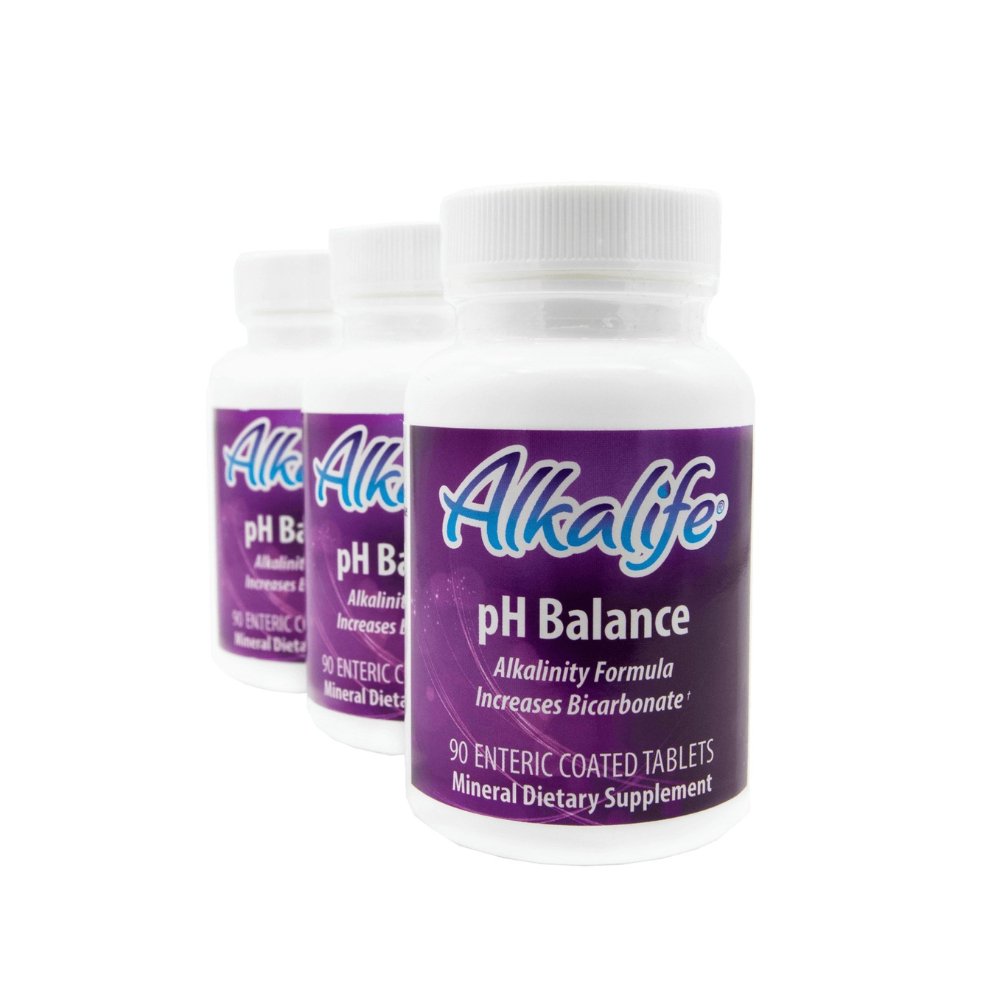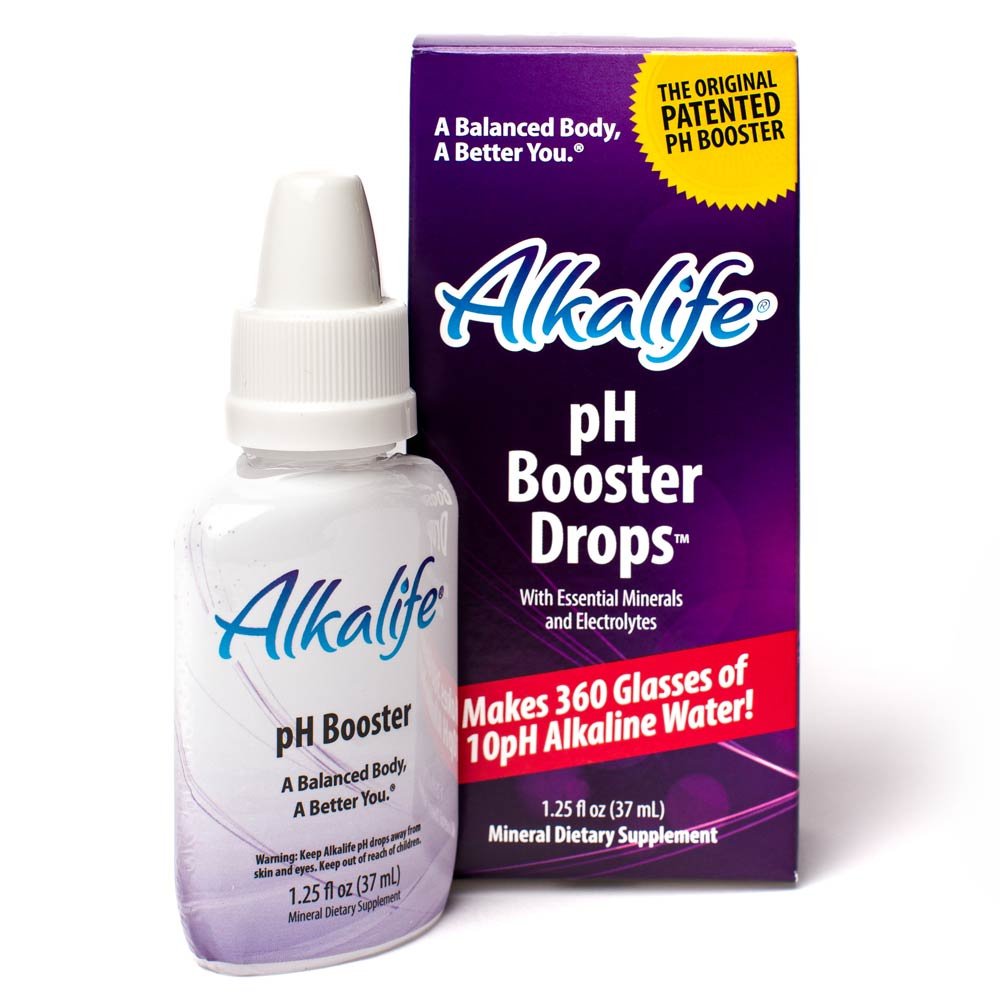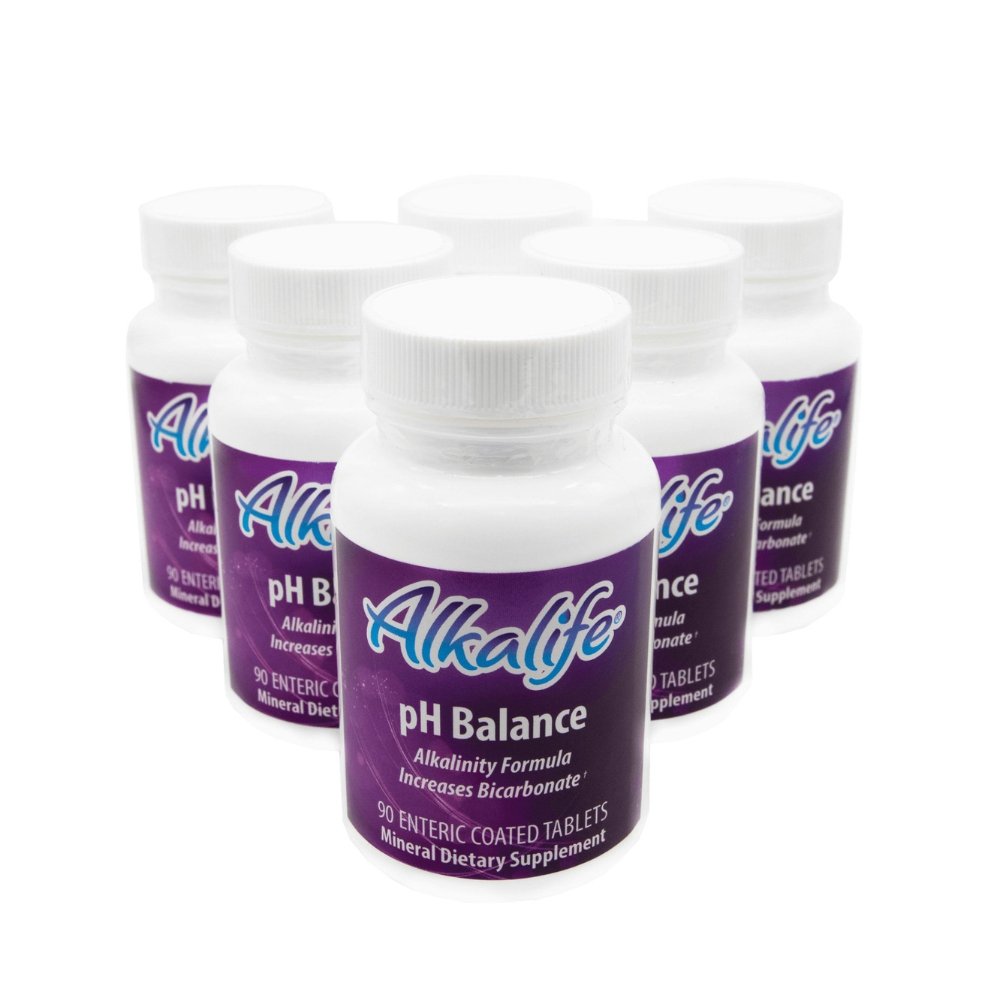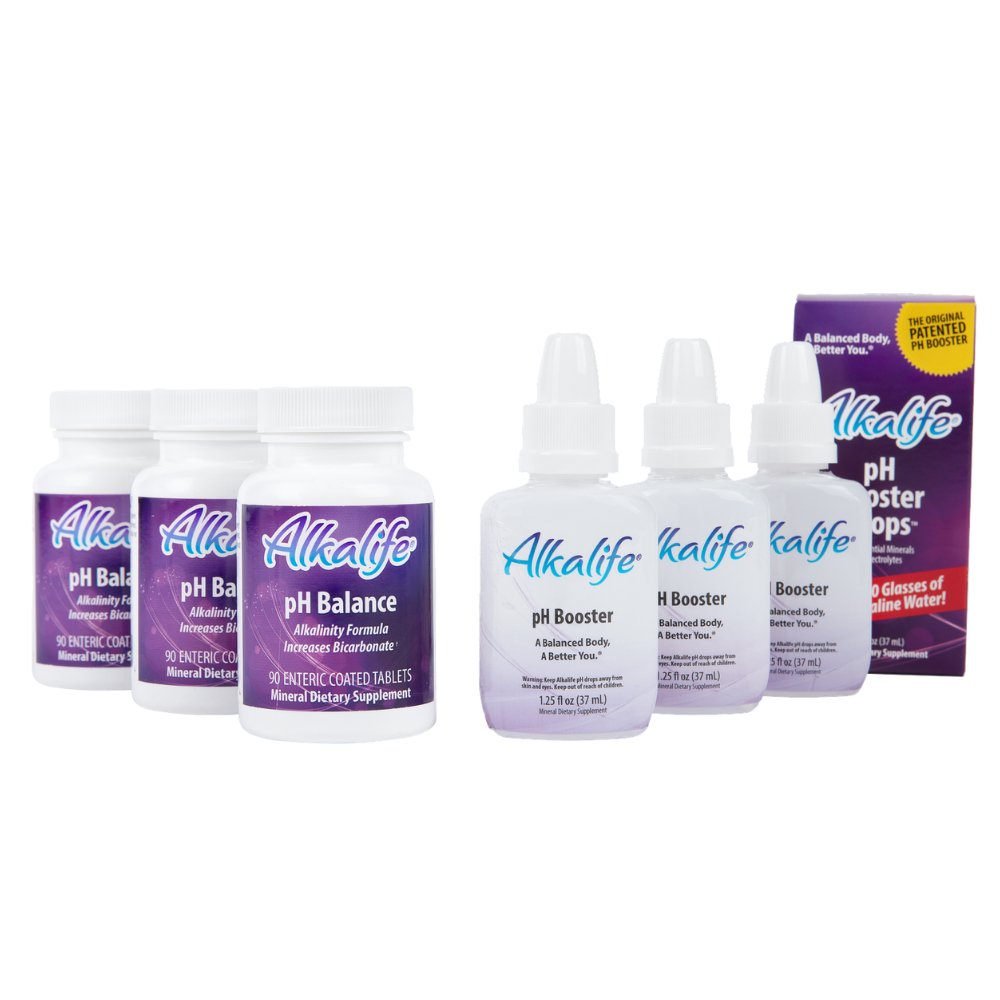Free US Shipping $49+ | 60 Day Money Back Guarantee
Free US Shipping $49+ | 60 Day Money Back Guarantee
How To Hack Your Cognitive Performance With Nootropics
April 21, 2022 15 min read

In today’s fast-paced digital age, what’s the most common health-related goal across demographics and ages? Hands down, it’s brain function. From undergrad students to Silicon Valley executives, at-home digital startup parents, and aging Baby Boomers, the number one desired area of health and performance is the brain.
So, of course, cognitive neuroscience has brought agents of mental performance into the limelight, also known as "smart drugs" or nootropics. These are supplements and foods that can optimize brain function and enhance cognition. If you’ve been feeling dazed, fatigued, mentally foggy, or having trouble concentrating on important tasks, nootropics may help.*
What are Nootropics?
The word Nootropics comes from the Greek words nous and trepin, which can be translated as “to bend the mind.” While bending the mind may sound a bit intimidating, understanding that your mind is supposed to be flexible is key to understanding how to improve your cognitive function, efficiency, and creativity. Nootropics can be sourced from natural or synthetic sources to achieve goals like:
- *Enhancing your attention and energy
- *Protecting brain cells and preventing neuro-degeneration
- *Increasing physical performance
- *Enhancing mood and sleep
- And much more
You may have heard the term “neuroplasticity” before as it has become quite a buzzword in scientific and psychological circles. It simply means that your brain is adaptable and can change over time. Habits, addictions, and other factors that may seem set in stone are actually quite malleable. People who have been experiencing slight cognitive decline or mental health issues may be able to promote improved mental function over time.*
While nootropics can’t make you function as you’ve seen in the movies, where a character takes a pill and can remember an entire encyclopedia in one sitting, they could play a critical role in helping you gradually enhance your ability to think clearly, focus for longer, and be more productive.*
Another thing to note is that the world of nootropics is increasingly broad as it is used to define a growing category of compounds that support improved cognitive function.* The more we learn about cognitive performance, the more we learn that in addition to over-the-counter herbs that can increase memory, or lab-made compounds that are created for increasing attention span, things like anti-inflammatory compounds (like Rhodiola Rosea Root) can improve cognition by relieving the brain of inflammation.*
Nootropics, therefore, technically include a wide variety of supplements like coffee and teas (like matcha green tea), fungi (like Lion’s Mane mushrooms), herbs (like Bacopa), roots (like Maca), Alpha-GPC (Alpha-glyceryl phosphoryl choline), and nootropic drugs. Not all are equal; not all are safe; not all are meant for long-term consumption.
A Brief History of Nootropics

The term itself – nootropic - was coined by the Romanian chemist and psychologist, Dr. Corneliu E. Giurgea in 1972, merely eight years after he synthesized piracetam, the world’s first synthetic nootropic. According to Giurgea, to earn the term nootropic, the compound should have the following characteristics:
- It should enhance learning and memory.
- It should possess very few side effects and have extremely low toxicity.
- It should increase the effectiveness of the tonic cortical/subcortical control processes, resulting in an improvement in both conscious and subconscious behaviors.
- It should protect the brain against various chemical or physical injuries, such as those induced by pharmaceutical drugs.
- It should enhance resistance against learned behaviors such as hypoxia (lack of oxygen) and electric shock.
Sounds too overwhelming? Don’t worry. If you have been looking for a guide to help you find the safest, non-habit forming dietary supplements, fungi, herbs, and roots that you can take every day to enjoy the following benefits, this post is for you:
- *Improve focus (Alpha-GPC, a natural choline compound has shown clinically verified improvements in cognitive performance in patients who took it every day for 90 days)
- *Improve memory (Bacopa Monnieri, a natural herb that has shown clinically verified improvements of up to 20%)
- *Improve energy (there are more compounds around the world that give us energy besides caffeine!)
The Most-Researched Natural Nootropics

When it comes to nootropics, the biggest question is “do they work?” and if there are any safety concerns. Most healthy adults who use nootropics find that they can customize the outcomes by taking a mix of compounds— a cocktail they call “stacks”.
This is to say that there is no single compound that will give you all the cognitive effects you want; often a combination of compounds works together to produce results. Each compound has a different chemical structure. And since everybody reacts to these compounds in slightly different ways, the question of “do nootropics work?” has to be answered by determining what works for you on a personal level.
As for the safety of these compounds, some have been tested in a lab and some have been approved by the FDA (though not all of them). Here we have compiled a list of some of the most popular anti-inflammatories, adaptogens, and mushrooms that have proven to enhance cognitive functions:
Note: Please consult with your physician before trying these compounds on your own.
Alpha-GPC (Alpha-Glyceryl phosphoryl choline)
Choline is a vital nutrient in the family of B Vitamins. It is found in egg yolks, among many other dietary sources, and must be present in your diet to promote healthy brain function. You can find supplemental forms of choline that attempt to mimic the dietary component, but they are not able to get absorbed in the body.
This is where Alpha-GPC comes in. It’s an exception because it can deliver choline across the blood-brain barrier with ease. The American Journal of Clinical Nutrition published a study done on a large group of healthy individuals (dementia-free) to find that daily intake of choline resulted in drastic improvement in attention span, verbal learning, visual and verbal memory, and executive function.*
Phosphatidylserine (PS)
It is a nutrient that is part of your brain cell membranes. It is found in nerve cells and neurons, and plays an important role in memory and overall cognition. You can say that phosphatidylserine protects these cells and carries messages between them.* It’s difficult to obtain sufficient amounts from your diet, which is why many people supplement with it.
PS brain health supplements were once usually sourced from cow brains, but fear about mad cow disease notably reduced the demand and caused a major shift in the way they were sourced. Then scientists discovered that soy lecithin is actually a much better and safer source of phosphatidylserine so it quickly became the new gold standard for the nootropic supplements and alternative medicine market.
L-Theanine
Theanine is an amino acid naturally found in a variety of fungi and plants, but most commonly available in green tea. It is thought to have cognitive-enhancing and neuroprotective effects by increasing GABA (gamma-Aminobutyric acid), dopamine, serotonin, and glycine levels in the brain.*
Research shows that theanine is most effective when taken with caffeine. Many studies have shown that the combination of theanine and caffeine improves alertness and one’s accuracy when switching between different tasks. It has also been shown to help promote memory and attention in patients with mild cognitive impairment. People who have trouble falling asleep due to obstructive sleep apnea, depression or ADHD may also experience great results by taking L-theanine supplements.*
Ashwagandha
Ashwagandha is a plant, and its roots and berries have been used for medicinal purposes in India for over 4,000 years. It is an “adaptogen”, which means it can bring your body back to a steady balance by managing both mental and physical stressors.
A study published in the Journal of Clinical Psychiatry took people suffering from bipolar disorder and administered them 500mg ashwagandha extract for eight weeks. Social cognition, reaction time, and working memory were all seemingly improved in these patients by the end of the randomized controlled trials.
If you have been struggling with adrenal fatigue or burnout, ashwagandha can be a great addition to your diet. It has a long-term rejuvenating effect on the body and supports the system as a whole.* Some people also take it as a sleep aid to get a little afterglow effect the next morning.
Bacopa Monnieri
Bacopa Monnieri is one of the oldest herbs humans have known about, with usage dating as far back as 3,000 years ago. Traditionally, it has been used as an Ayurveda medicine to treat tumors, ulcers, asthma, epilepsy, and other illnesses. Today, it is one of the most popular cognitive enhancers used to improve memory and mental performance, while also reducing anxiety.*
Several randomized controlled trials on Bacopa plant extract found great potential at improving the speed of attention and memory recall in healthy people. At a dosage ranging from 300–600 mg of extract per day, you can take Bacopa on its own or combine it with other herbs for an even greater effect.* For example, combining Bacopa with Rhodiola Rosea could support improved cognitive function, more energy, and brighter mood.
Acetyl-L-Carnitine (ALC)
ALC is an amino acid found naturally in the body that plays an essential role in energy production by transporting fatty acids within mitochondrial cells. Simply put, it helps your body turn fat into energy.
Meat and dairy products are great sources of L-carnitine, and your body also makes its own through a process in the liver and kidneys. Most of the body’s L-carnitine is harbored in muscles, and to a much lesser extent, it is found in the bloodstream. While the body is able to convert L-carnitine to other forms of carnitine (such as acetylcarnitine and propionyl carnitine), acetylcarnitine is the most bioavailable form that’s able to easily cross the blood-brain barrier.
Since it promotes fat burning, acetylcarnitine can help you build muscle, increase endurance, and produce more energy in the gym.*
In one study, older adults who took ALC every day observed a major improvement in their cognitive ability and mental and physical energy levels. Another study shows that people who had low carnitine levels experienced substantial improvement in brain function after taking ALC supplements.
Rhodiola Rosea
One of the most widely used herbs to improve brain function is Rhodiola rosea, aptly referred to as “golden root”. It only grows in intensely cold climates around the world and is historically used by Siberians to help them thrive in such extreme temperatures.
But Siberian people are not the only ones who integrate rhodiola into their lifestyle; the Nunatsiavut people in northeastern Canada and the Inuit tribe of Nunavik regularly use rhodiola for its reported beneficial effects on strength and cognition.
If you have a physically strenuous job (for example, you work in the construction industry) or you are an outdoor enthusiast, this adaptogen’s benefits of increasing endurance and reducing fatigue might sound interesting to you.*
There is some evidence to suggest that rhodiola may enhance focus, stamina, and immunity, and promote reduced fatigue, depression and anxiety.* Some researchers have also found that it may help to reduce muscle damage from certain types of workouts.*
If you are a night shift worker, a college student taking exams, or a sleep-deprived gamer, rhodiola can mitigate fatigue symptoms and improve mental clarity.*
Ginkgo Biloba
Ginkgo biloba is one of the most powerful antioxidant herbs in existence today that may eliminate free radicals that contribute to an aging mind and body.*
Another study found that administering 20mg of ginkgo three times a day reportedly helped patients improve visual recognition and memory over a 6 month period.*
However, before you run off to buy ginkgo herb or supplements, please know that its very existence is at risk. Due to climate change and deforestation, many natural medicinal plants including ginkgo are on the verge of total extinction. That’s why ginkgo is now found on the IUCN (International Union for Conservation of Nature) endangered species list.
Caffeine
What can we say about caffeine that hasn’t already been said before? Found in tea leaves, cocoa beans, coffee beans, guarana berries, and kola nuts, caffeine works its magic by stimulating the autonomic nervous system and inhibiting the action of adenosine, a chemical in the body that causes drowsiness.
As much as we love our daily dose of caffeine, keep in mind that when taken in high concentrations, it can be dangerous. If you are taking a mental health supplement that already contains caffeine, don’t take it with coffee, tea, or an energy drink!
Now, we all know from experience that caffeine does indeed work. But if you are wondering about the research behind it, here you go: caffeine has proven most effective in the treatment of headaches – so much so that FDA has approved it for pain-relieving treatment for migraine and tension headaches. Research also shows that taking L-theanine with caffeine could support improved cognitive performance.
In one study of over 2,400 women over the age of 65, daily intake of caffeine resulted in slower rates of cognitive decline.
Lion’s Mane Mushroom
Have you ever seen those pom-poms that cheerleaders use? That’s what a lion’s mane mushroom looks like. People who have tried these mushrooms say that they can taste like lobster or shrimp, which is why many chefs recommend having them after caramelizing them in olive oil, deglazing with sake wine, and finishing with butter to taste. It can taste bitter if not cooked until deliciously crispy around the edges.
If you don't have a private chef on speed dial, consider taking a nootropic supplement that contains lion’s mane. It contains a class of proteins that triggers the production of nerve growth factor (NGF). NGF is a smaller protein that is vital for the survival, growth, and maintenance of brain cells. Since lion’s mane increases levels of NGF, scientists believe that it can impact the nervous system and brain function.
A study from a biomedical research journal in Tokyo, Japan took 30 females and gave them cookies containing either lion’s mane mushrooms or a placebo. A reduction in depression and anxiety was reportedly found in the group that consumed the lion’s mane cookies.
Huperzine A
By now you know that plants contain powerful chemicals that may enhance the function of your brain. Huperzia Serrata is one of them. It is a plant known as a firmoss or clubmoss that contains a nootropic compound called Huperzine A, which increases levels of acetylcholine in the body.*
Acetylcholine is a chemical that seems to help treat issues that interfere with thinking and memory. If you are looking for a smart drug supplement that has shown to improve mental function and prevent brain aging, especially if you are at an increased risk for Alzheimer disease or other types of dementia, Huperzine A is worth looking into.*
It is also a potent acetylcholinesterase inhibitor as it allows for an increase of acetylcholine in the brain by preventing the breakdown of neurotransmitters. Similar to the function of selective serotonin reuptake inhibitors (SSRIs), which keep the existing serotonin in the brain longer, Huperzine A enables a greater buildup of acetylcholine, which in turn may significantly enhance cognitive function.*
Magnesium
Magnesium is a cofactor in more than 300 systems that control biochemical reactions in your body. From regulating your energy levels to controlling the growth of muscle tissue, magnesium affects pretty much every reaction that goes on in the body.
Magnesium is also needed for the synthesis of the “master antioxidant,” glutathione. A deficiency of glutathione is one of the most dangerous things your body can endure; low glutathione levels are observed in patients of HIV/AIDS, cancer, burns, and trauma. Adequate levels of magnesium to enable glutathione production is vital for a healthy life.*
It is estimated that nearly 20% of Americans are not consuming enough magnesium. Magnesium deficiency can manifest as anxiety and panic attacks, migraines, depression, and a failure to thrive due to cognitive deficits.
You can get magnesium from foods like avocado, cashews, spinach, and almonds, or you can take a supplement for it. Make sure the nootropic stack you are interested in includes an adequate dose of magnesium.
Vitamin B12
Vitamin B12 is a fundamental nutrient for your nerve health and for the production of red blood cells that carry oxygen throughout your body. Older people with vitamin B12 levels that are lower than average are more than 6 times more likely to experience brain shrinkage. This means their brain volume decreases which only causes cognitive deficits, but has also been strongly linked with a higher risk of developing dementia later on.
Vitamin B12 deficiency is another epidemic; nearly 6% of Americans younger than 60 years and 20% older than 60 have vitamin B12 deficiency. If you are a vegan, you are especially prone to vitamin B12 deficiencies.
Even those who eat meat may be unable to properly absorb the vitamin B12 into their system. For example, if you are eating premium-grade grass-fed beef that is super rich in B12, but are also taking a prescription acid-blocking drug (like Antacids for heartburn), not only are you going to suffer from digestive distress, but you’re likely to have mood disorders and poor energy levels.
There are many reasons for these deficiencies, but some of the most common are:
- Excess alcohol consumption
- Nicotine
- Low stomach acid
- Acid-blocking drugs
Let’s also add stress to this list, since it causes so many widespread effects. Vitamin B12 deficiency doesn’t just affect your energy levels, but your mood as well. For example, vitamin B12 deficiency is very common in people suffering from bipolar disorder. Making sure that your nootropic has vitamin B12 is a great way to optimize your mental health. However, keep in mind that some forms of vitamin B12 are better than others.
Cyanocobalamin is the lowest quality and thus the cheapest form of vitamin B12. The thing is, your body can’t directly absorb this vitamin form; it has to first convert and activate it to be usable to your body. Many supplement manufacturers add cyanocobalamin to their products just so they can say that they have vitamin B12 in it.
Methylcobalamin, on the other hand, is the most “activated” forms of vitamin B12 that is ready for your body to put into immediate use. It is absorbed more efficiently and contains no cyanide molecule unlike cyanocobalamin. It is often recommended for chronic fatigue, but offers a dual benefit of helping brain aging, and can be particularly beneficial for individuals with extreme cognitive deficits, as in the case of Alzheimer’s disease.*
Omega-3 EPA and DHA
Omega-3 is a class of fatty acids, most commonly derived from fish and flaxseed, and are vital for brain and eye health. They are found in high levels in salmon and tuna and must be consumed through diet or supplements because the body can’t synthesize them.
Omega 3 fatty acid supplements are most commonly taken to help minimize cholesterol levels and risk of heart disease. However, several studies have also indicated that they might improve attention span and cognitive enhancement.*
The most researched omega-3s are the two most biologically active, EPA (eicosapentaenoic acid) and DHA (Docosahexaenoic Acid). Research shows that people who increase intake of omega-3s have enhanced cognitive performance.* In one study, elderly adults who took DHA supplements daily for 4 years were found to be less likely to develop Alzheimer’s disease.
If you suffer from ADHD, high cholesterol, high blood pressure, or even depression there is plenty of research that shows that taking Omega-3 fatty acids can be highly beneficial for you.*
Are Nootropics Safe?

Now that you know about the most popular nootropic compounds, you might be wondering “is this stuff safe?” The answer is a resounding yes.
Certain studies focus on a small subset of compounds discussed above, but many other compounds have had thousands of double-blind placebo studies done on their safety that support their validity and effectiveness. Depending on your unique biochemical individuality, diet, lifestyle, and other factors, results may vary.
And think about it: when you combine two or more compounds, nutrients, or chemicals, you'll either get a synergistic or antagonistic effect. For example, consider the toxins found in plastics. One chemical by itself may not be that dangerous. But if you add another one to it, or a dozen more together, you get a tremendously toxic substance.
We, humans, are resilient by nature - we wouldn’t have gotten to the top of the food chain otherwise. But with over 100,000 chemicals added to the environment in the last century alone, a well-thought-out strategy to combat and overcome the effects of these toxins is necessary for optimal brain performance.
When you combine synthetic chemicals that you are exposed to (via pharmaceutical drugs, for example), you increase the risk of toxicity. The beneficial compounds discussed in this post can be helpful for preventing brain cell loss, but can also help reverse cognitive deficits and other mental disorders caused by a myriad of stressors.
You Get What You Pay For
Most reputable brands of prescription nootropics publicly publish documents verifying the absence of mold, heavy metals, and other toxins that could be found in their products. If they do not have it listed on their website, you can call them and verify their product’s purity.
Contaminants and impurities are not that common because many supplement manufacturers don’t make the products themselves anyway. They outsource manufacturing to 3rd party facilities that take care of testing and all other necessary safety precautions.
You may have heard about the lawsuit involving corporate giants like Target, GNC, Walgreens, and Walmart, after it was announced that their brands of herbal supplements didn’t contain the promised amount of herbs. Turns out, four out of five products produced by these companies contained fillers and potentially hazardous substances to those with autoimmune conditions such as wheat and grass. Only 21% of store-brand herbal supplements contained the stuff listed on the labels.
Generally speaking, if a nootropic – or any dietary supplement for that matter – you find is way cheaper than that of a reputable brand, dig deeper. They may be using a weaker extract of the substance you are looking for, or they may just be using less of that compound. Another money-saving tactic is to use lower-quality forms of nutrients that are not readily absorbed by the body.
For example, most mainstream brands use a form of magnesium called magnesium oxide in their mineral supplements. This form has been shown to have as low as a 4% absorption rate! More therapeutically focused companies use other forms of magnesium, such as magnesium carbonate or citrate, that have far greater absorption rates and so are more effective at producing the desired effect of the supplement.
It doesn’t matter how exotic the ingredients in a product are if they are not going to be absorbed by your body. This is why our Alkalife® Brain Performance Plus™ has been created with an alkaline formula that significantly increases the bioavailability of each ingredient, and does not hide behind a "proprietary blend".* You'll know exactly what active compounds you're taking, and the amount of each per scoop.
Try Alkalife® Brain Performance Plus™ and See the Difference

What will happen if you don’t give your brain the nutritional jumpstart it needs? You’ll probably continue to see your memory slip as you age, bit by bit, over time. There’s just no way your regular diet can provide these nutrients. But Alkalife® Brain Performance Plus™ can.*
Take the first step toward regaining the mental edge you’ve always wanted and give this research-backed nootropic a try.* If you are tired of feeling mentally fatigued all the time, you keep forgetting names and phone numbers, or you have trouble concentrating, Brain Performance Plus might be the cognitive performance solution you’re looking for.*
If you have any questions about the ingredients or our manufacturing process, our knowledgeable representatives will be more than happy to explain to you. Just give us a call at 305-235-5120 or leave a message here.
Also in News

Hydration and Mental Clarity: Does pH-Balanced Water Affect Focus
December 01, 2025 6 min read
Read More
From Sleep to Sweat: How Your Daily Hydration Impacts Overall Wellness
November 11, 2025 5 min read
Read More





